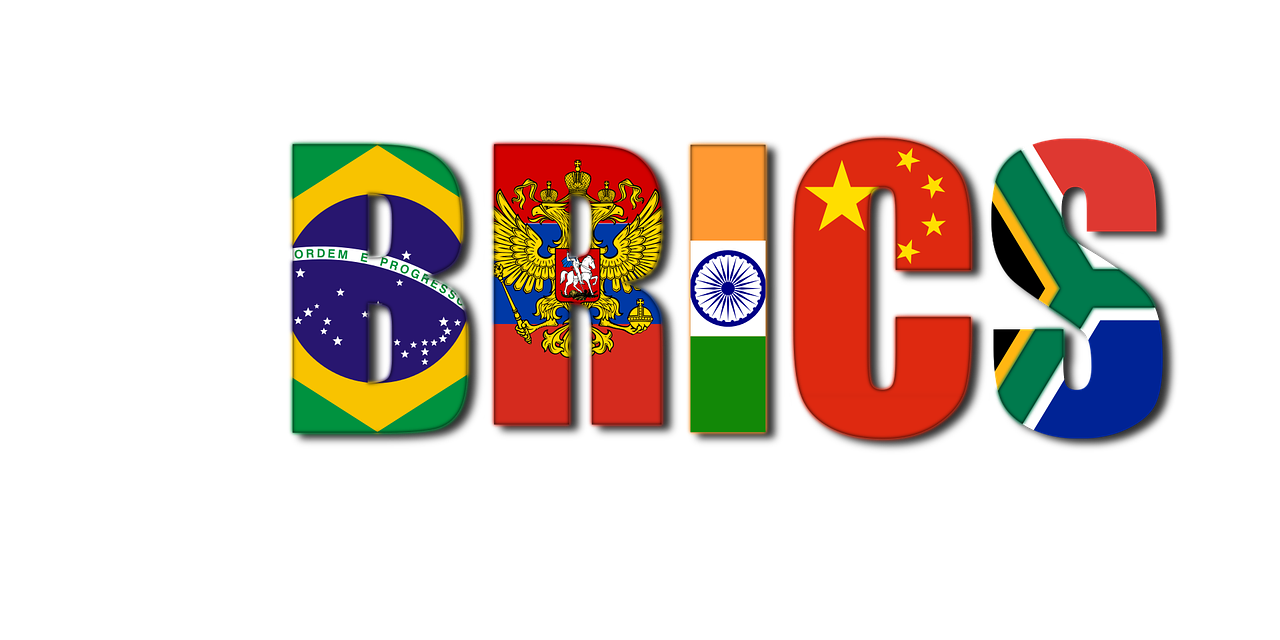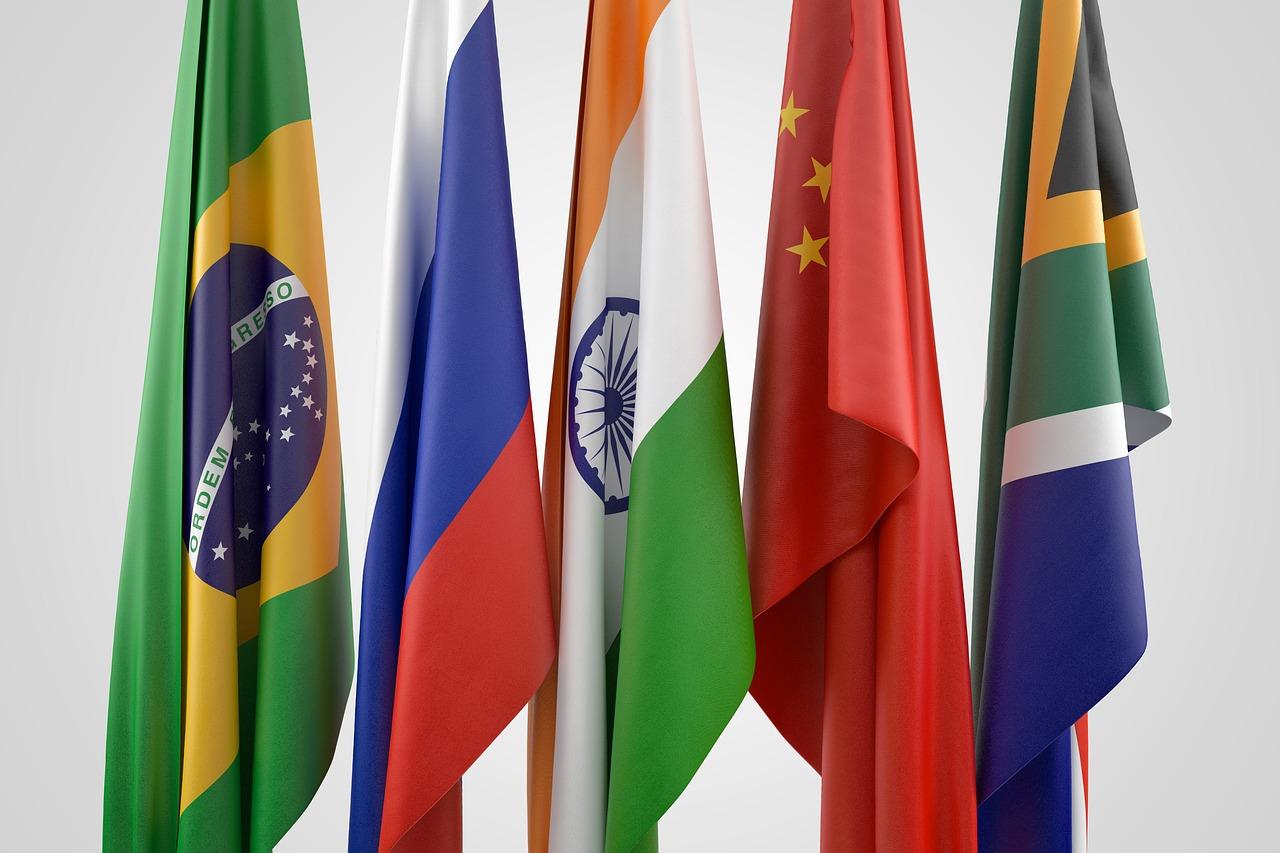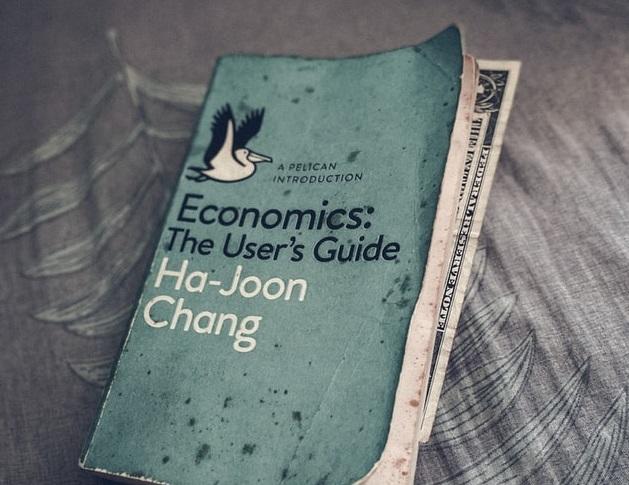In recent years, there has been growing interest in the BRICS alliance and its impact on the global economy. Comprising Brazil, Russia, India, China, and South Africa, BRICS represents a significant shift in the balance of economic power. With representation on four continents, BRICS is well-positioned to address economic and infrastructure issues around the world.
In this article, we will delve into the evolution of BRICS, its purpose, and its influence on global governance institutions. We will also explore the BRICS Development Bank and its potential as a challenger to the World Bank. Let's embark on this journey of discovery and delve deeper into the world of BRICS.

BRICS: A Brief Overview
BRICS, an acronym derived from the initials of its member countries, represents a bloc of emerging economies that have witnessed significant growth in recent decades. The alliance was formed in 2006 and has since held 14 summits, with the 15th scheduled summit in August 2023. While the rest of the news media may not give BRICS much attention, its impact on the global economy cannot be ignored. With each member country hailing from a different continent, BRICS brings together diverse perspectives, experiences, and economic potential. But what is the origin of BRICS and how did it come to life?
The Origin Of BRICS
The concept of BRICS emerged as a response to the dominance of Western powers in global economic institutions. For over 70 years, the World Bank and the International Monetary Fund (IMF) have played a pivotal role in regulating currencies, deciding exchange rates, and providing financial assistance to nations in need. However, many countries in the global south have grown disenchanted with this arrangement, feeling that it does not adequately represent their interests or address their unique challenges.
The Purpose of BRICS
BRICS was established with the aim of promoting economic cooperation, sustainable development, and inclusive growth among its member countries. Unlike the World Bank and the IMF, BRICS intends to offer an alternative model of development that takes into account the specific needs and aspirations of emerging economies. By pooling their resources and expertise, the member countries of BRICS seek to address common challenges, such as infrastructure development, poverty alleviation, and technological innovation.

BRICS' Impact on Global Governance Institutions
As members of the Group of 20 (G20), all BRICS nations have a voice in global governance institutions. The G20 serves as an international forum for discussing issues related to climate change, sustainable development, and global financial stability. China, with its leadership in sustainable development, holds a prominent position within the G20. The BRICS alliance offers a platform for these emerging economies to shape the discourse on global governance and advocate for their interests.
One of the notable initiatives undertaken by BRICS is the establishment of the BRICS Development Bank. Launched in 2014, this bank aims to fill the gap in funding and planning left by existing global financial institutions. With an initial contribution of $10 billion from each member country, the BRICS Development Bank has the potential to finance infrastructure projects, promote trade, and support sustainable development initiatives.

BRICS' Unique Approach
Unlike the World Bank and the IMF, the BRICS Development Bank takes a different approach to lending and development assistance. Rather than imposing conditions on countries seeking financial support, BRICS focuses on understanding the specific needs and aspirations of recipient nations. This collaborative approach allows for tailored solutions that are better aligned with the priorities of the borrowing country. Additionally, BRICS emphasises the importance of local capacity building and knowledge transfer to ensure the long-term sustainability of the projects it supports.
The Belt and Road Initiative
China, in particular, has been at the forefront of infrastructure development through its Belt and Road Initiative (BRI) proposed in 2013. This initiative, which predates the establishment of the BRICS Development Bank, aims to connect Asia, Europe, and Africa through a network of transportation and communication infrastructure. By aligning the BRI with the goals of the BRICS alliance, China has been able to leverage the collective resources and expertise of its fellow BRICS members to accelerate the implementation of infrastructure projects.
According to statistics, as of 2020, more than 140 countries and international organisations have joined the initiative, indicating the widespread appeal and potential for fostering international cooperation. The initiative seeks to promote economic integration, cultural exchange, and sustainable development through investments in infrastructure, energy, and trade facilitation projects. By joining the Belt and Road Initiative, countries can benefit from increased access to funding for infrastructure development, expanded trade opportunities, and enhanced connectivity with other participating nations.
As the initiative continues to evolve, it is crucial for countries to carefully assess the potential benefits and challenges associated with participation while considering their own economic and strategic interests.
BRICS' Growing Influence
The influence of BRICS extends beyond its member countries. Economically powerful entities like the United Arab Emirates and Egypt have already joined the BRICS Development Bank, recognising the potential benefits of collaboration with this emerging economic bloc. Even countries traditionally considered economically advanced, such as France, have expressed interest in BRICS membership. This growing interest highlights the appeal of the BRICS model and the recognition of its potential to drive positive change in the international economy.
Decentralising Global Financial Bodies
One area where BRICS seeks to challenge the existing order is the decentralisation of global financial bodies. Historically, institutions such as the World Bank and the IMF have been headquartered in the United States, with the US dollar serving as the dominant global trading currency. However, the emergence of new technologies, such as blockchain, presents an opportunity to rethink and decentralise global financial initiatives. BRICS, with its emphasis on innovation and collaboration, is well-positioned to explore these possibilities and advocate for a more equitable and inclusive global financial system.
Revolutionising Global Trade
In addition to decentralising financial institutions, BRICS also aims to revolutionise global trade. The current system, which is heavily influenced by Cold War constructs, gives certain nations an unfair advantage over others. BRICS recognises the need for a more balanced and inclusive trading system, where the value of currencies is pegged to the global Gross Domestic Product (GDP) rather than being tied to the economic strength of a single country. This shift would create a more level playing field, promoting fair trade and economic stability for all nations.

Summit Outcome 2023
The BRICS Summit is an important event on the global diplomatic calendar, where leaders from Brazil, Russia, India, China, and South Africa gather to discuss a wide range of issues. This summit serves as a platform for these emerging economies to engage in productive discussions on various aspects of foreign policy, economic cooperation, and strategic partnerships. The annual summit provides an opportunity for member countries to strengthen their ties and explore avenues for collaboration in areas such as trade, investment, technology, and innovation.
The theme of the BRICS Summit in August 2023 focussed on the expansion of cooperation among member nations, emphasising the need for enhanced collaboration in diverse sectors. With the global geopolitical landscape evolving rapidly, the BRICS nations are expected to deliberate on ways to collectively address common challenges and leverage their collective strength for mutual benefit. The summit will likely also underscore the importance of upholding the basic principles of international law, promoting multilateralism, and fostering inclusive growth and sustainable development.
In recent years, the BRICS Summit has become increasingly significant as these nations continue to play a pivotal role in shaping the global economy and influencing geopolitical dynamics. The expansion of the BRICS agenda to include discussions on issues such as climate change, healthcare, and digital transformation reflects the group's recognition of the need to adapt to evolving global challenges. As a result, this event is expected to provide a platform for member nations to exchange ideas and best practices, fostering greater understanding and collaboration in addressing pressing global issues.
Another vital aspect of this event is to seek out opportunities for enhancing cooperation with other countries and regional organisations. This could involve discussions on potential partnerships with non-member states or engagement with international bodies to address common concerns. The summit may serve as a forum for member countries to outline their respective foreign policy priorities and seek avenues for alignment and coordination in pursuit of shared objectives.
In conclusion, BRICS has emerged as a significant force in the worldwide economy, challenging the dominance of Western powers and advocating for a more inclusive and equitable world order. Through initiatives like the BRICS Development Bank and the Belt and Road Initiative, BRICS member countries are driving infrastructure development, promoting sustainable growth, and fostering collaboration among emerging economies. While the World Bank and the IMF have played crucial roles in global financial governance, BRICS offers an alternative model that emphasises collaboration, tailored solutions, and long-term sustainability. As BRICS continues to evolve and expand its influence, it is clear that these emerging economies are reshaping the global economic landscape and paving the way for a more balanced and interconnected world.
Summarise with AI:
























